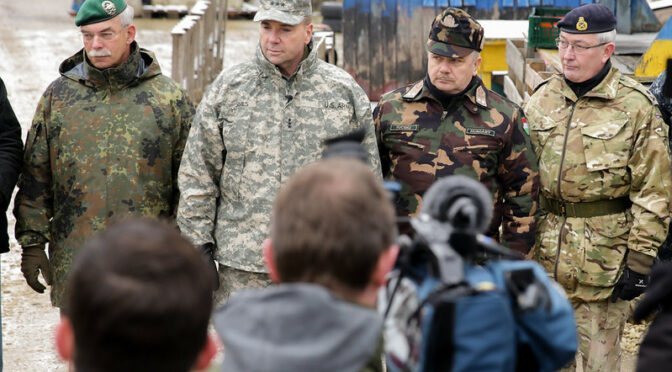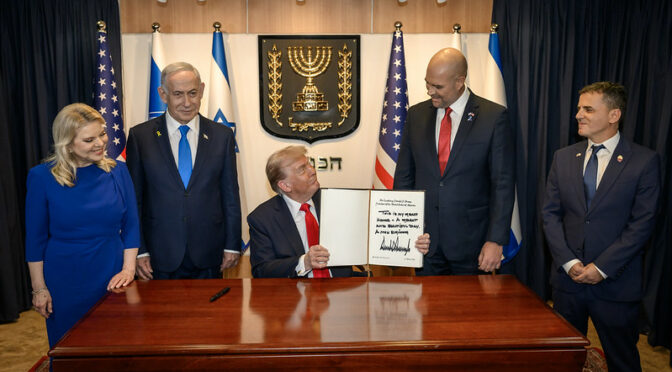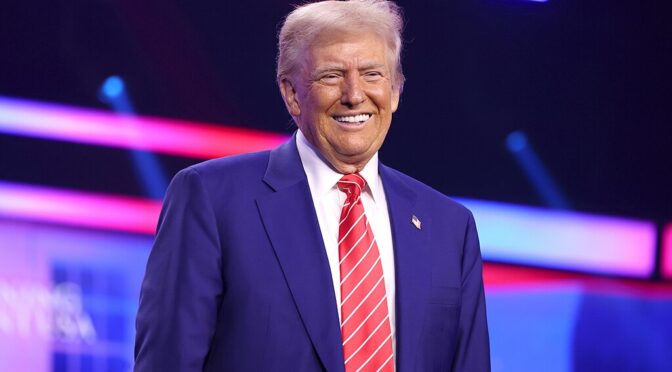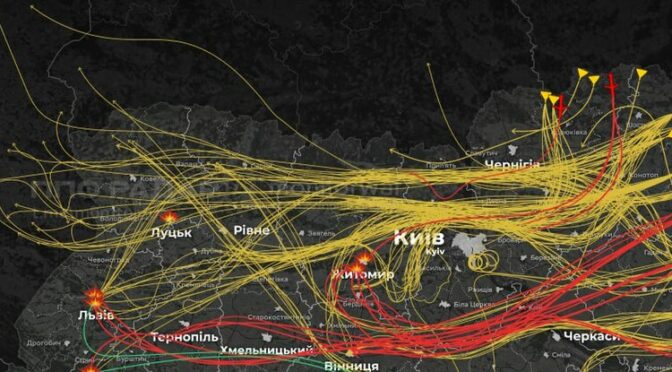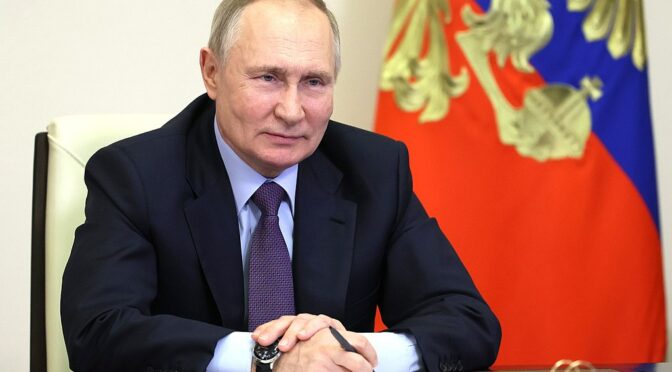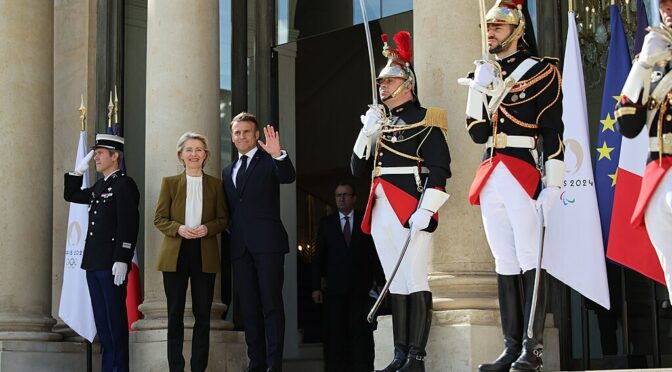Article published in The Daily Telegraph, 11 August 2025. © Richard Kemp
Ahead of Trump’s summit with Putin, President Macron’s plaintive cry that Europeans will ‘necessarily be part of the solution because their security depends on it’ rings hollow. What would the Europeans bring to the table in Alaska? They have no plan of their own and even if they had one, they have no means to implement it. And what is more they do not have the political will to do so.
When US and Russian leaders met to discuss carving up Europe, at Potsdam in 1945, the British prime minister was in the room. That was because Britain was a major military and economic power that had more than shouldered its burden of the fighting in the Second World War.
Nothing like that can be said of Britain or any other European country today. All have downgraded themselves to the role of spectator. It’s too late to be pleading that ‘our security depends on it’ when they have wilfully neglected their own security for decades. Every Western European nation, including our own, has been running down its armed forces almost to the point of irrelevance, very often papering over their true weakness with carefully spun readiness reports.
Even at the end of the Cold War, when Britain had four fighting divisions on the books, we were only able to deploy one very small one to the Gulf in 1991, and that was done by cannibalising the other three. By the time we came to Afghanistan and Iraq, Britain was never able to field sufficient forces for the task it gave itself, and had to be bailed out by the US in both theatres. The situation today is even more dire – and we have the strongest armed forces in Europe.
Across the continent, those politicians who see the need for powerful armed forces always complain that defence is not a vote-winner, and so funds needed to boost combat capabilities are spent instead on welfare, education, health, climate change, immigration subsidies and overseas aid. But a political leader’s job is not to follow public opinion; it is to shape it. Very few have actually been trying to make the case for defence.
In fact most of Europe’s leaders have been working against national unity, identity or patriotism, in favour of an integrationist agenda that undermines the whole purpose of national defence. Don’t think Putin didn’t pick up on that when he decided to invade Ukraine. He looked first at the United States and saw only weakness: his invasion began just months after Biden’s debacle in Afghanistan. Eyeing Europe he saw a continent unwilling to stick up for itself, consumed by identity politics and societal division, and unable to do anything at all to staunch the migrant flow engulfing it.
Putin also saw a continent, even after his invasions of Georgia in 2008 and Ukraine in 2014, that was willing to increase its energy dependency on Russia, and expose Ukraine to further aggression through the strategically illiterate Nord Stream gas pipelines.
And after three years of war, the gas keeps flowing into Europe and the euros keep flowing back into the Kremlin’s war chest. Even though the EU has reduced demand, last year it still imported €21.6bn worth. But don’t worry, there is a plan to phase out Russian gas consumption in three years’ time. The EU’s get tough on Putin policy faltered last month when Brussels struggled to agree on a proposed toughening of sanctions against Russia, though they were eventually adopted. That public show of disunity came after criticism of President Trump for delaying his own threatened sanctions.
We heard a lot about Starmer’s ‘Coalition of the Willing’ earlier in the year when Trump began to work on a peace deal. The contours of that plan were announced last month, effectively proposing an Anglo-French led multinational force of 50,000. I suspect in reality around half that number at best could be generated from those nations that might eventually step up. It appears that no boots on the ground are now on the cards, as originally suggested. That’s hardly surprising as Putin said any Nato forces deployed in Ukraine would become targets for attack.
Instead the idea is to provide experts to help regenerate Ukrainian forces after the war. Also envisaged is deployment of air forces ‘to deliver air policing’, whatever that might mean. I don’t anticipate dogfights between the Russian Air Force and the RAF.
Finally, there will be a maritime component providing specialist staff to accelerate mine clearance in the Black Sea. Last time this coalition was floated, Starmer admitted that there could be no such deployment without US security guarantees. Presumably that has not changed, making the whole project dependent on the good graces of President Trump.
So far, so feeble. Despite the European leaders’ fine words, ‘standing by Ukraine to the end’, and their disgruntlement at not being invited to Alaska, I suspect that the way events are expected to unfold actually suits many of them. They don’t want to go along with the vast expense involved in Trump’s plan to supply weapons funded by Europe. They don’t want to persist with sanctions on Russia that also bite them economically. They don’t want to have to live up to their new defence spending undertakings.
What they do want to do is get back to business as usual with Russia as soon as possible, no matter how precarious. Like the 2014 invasion of Crimea, they can live with that risk; the consequences will inevitably be someone else’s to deal with further down the road.
Whatever deal Trump is able to press on Zelensky may lead to at least a temporary ceasefire and that would be the answer to European leaders’ prayers. In fact, for many a ceasefire would be better than a full-blown peace agreement because it would keep Ukraine out of Nato and probably the EU as well, which would save a lot of problems especially with French farmers.
Meanwhile, when it all goes wrong, European hands are clean. After all, they were ready to back Ukraine to the hilt, weren’t they?
Image: Wikimedia Commons

